Test
Antwerp University Hospital, Belgium
The Division of Hematology functions as a reference center of clinical and scientific excellence for hematological patients, some of whom suffer from malignancy, require special care and/or are dependent on advanced infrastructure for diagnosis and treatment. For this, it is crucial to manage an extensive network. A close collaborative network is functioning daily with the Division of Clinical Biology, the Center for Molecular Diagnostics, the Division of Medical Genetics, the Division of Neurology, the Division of Radiotherapy, the Dialysis Section of the Division of Nephrology and the Blood Transfusion Center of Antwerp.
In 2005, the Center for Cell Therapy and Regenerative Medicine (CCRG) was established at the Antwerp University Hospital. The design and function of the GMP facility of the Center for Cell Therapy and Regenerative Medicine (CCRG) meets all the requirements by the national regulatory authority, i.e. the federal agency for medicines and health products (FAMHP), to navigate R&D and preclinical phases all the way through to GMP production under a robust quality management system for clinical testing. In fact, this is the first academic GMP-certified center in Flanders that meets current EU regulations to produce ATMP.
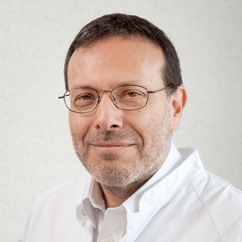
Zwi Berneman, MD, PhD
Principal investigator
Head of the Laboratory of Experimental Hematology of the University of Antwerp
Head of the clinical Division of Hematology of the Antwerp University Hospital
Medical director Center for Cell Therapy and Regenerative Medicine
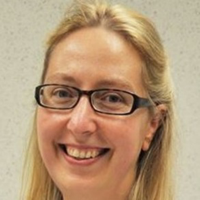
Barbara Willekens, MD
Head of the MS unit, department of Neurology
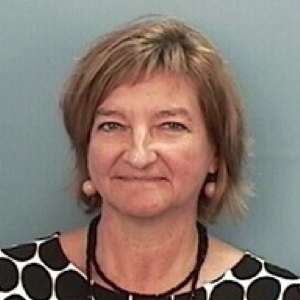
Griet Nijs, B.Sc.
Responsible CCRG Unit
Coordinator QC/QA

Kim Caluwaerts, M.Sc.
Coordinator
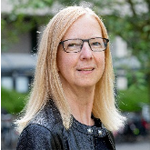
Chantal Talboom, B.Sc.
Cell manipulation technologist CCRG
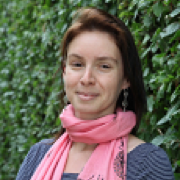
Sandy Van Den Eynde, B.Sc.
Cell manipulation technologist CCRG
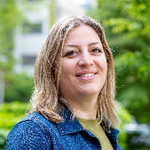
Carole Faghel, M.Sc.
Cell manipulation technologist CCRG

Mandy Brants, B.Sc.
Cell manipulation technologist CCRG
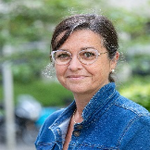
Kim De Rycke
University of Antwerp, Belgium
The University of Antwerp, Belgium is the coordinating institute of this project.
The laboratory of Experimental Hematology has a longstanding expertise in the study of human dendritic cells (DC) and their role and/or use for immunity in chronic viral infections and cancer and for tolerance in autoimmune disease such as MS. The research of the laboratory of Experimental Hematology on DC entails both basic immunobiology of DC in health and disease, as well as translational and clinical research in clinical disease models. The laboratory of Experimental Hematology also has a track record on stem cell grafting and immune responses in the central nervous system (CNS) and developed mRNA electroporation, a versatile nonviral gene transfer technique for transfection of stem cells and hematopoietic cells, including DC, with clinical applicability (US patent #7547551; PCT/EP02/06897;WO 03/000907 A2).
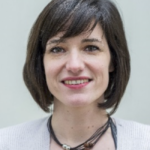
Nathalie Cools, PhD
Coordinator
Principal investigator
Associate professor at the Faculty of Medicine and Health Sciences
Senior lead scientist of the Immune Regulation and tolerance-inducing Strategies research group

Inez Wens, PhD
Postdoctoral researcher
Project manager
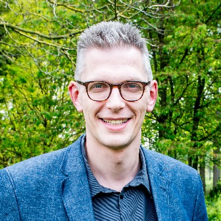
Niels Hens, PhD
Statistician
Associate professor CHERMID – VAXINFECTIO University of Antwerp
Associate professor Center for Statistics (CenStat) Hasselt University
Universidad Navarra (UNAV), Spain
University of Navarra (UNAV) is a private university based at Pamplona, Spain. It offers 36 official degrees, 21 doctoral programs and 34 master’s programs. The Biomedicine campus comprises the School of Medicine, the Faculty of Sciences, the School of Pharmacy, the University Clinic of Navarra (CUN) and the Center for Applied Medical Research (CIMA). In this context, CUN, founded in 1961, is one of the leading private medical institutions in Spain, with over 2500 healthcare professionals, offering all major medical and surgical departments. CUN is renowned for its high degree of specialization, ongoing technological renovation and teamwork, which allows for a personalized, multidisciplinary approach for each patient. It is a medical center accredited by the Joint Commission International. CUN is a private, non-profit medical center where all benefits are invested in continuous improvement of its physical and human resources.
CUN is a reference center in Spain for several procedures, including immunotherapy strategies. The Cellular Therapy Area (CTA) co-ordinates a multidisciplinary team of basic and clinical research in the CUN and CIMA around the therapeutic use of advanced therapy medicinal products (MTAs). CTA in collaboration with other centers is currently conducting several independent clinical trials with MTAs and has participated as producer laboratory in more than 20 clinical trials with different MTA in the last years. These productions are made in GMP (Good Manufacturing Practices) laboratory of the CTA.
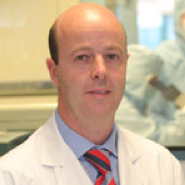
Felipe Prosper Cardoso, MD PhD
Principal investigator
Director of Hematology-Cell Therapy Area at CUN
Director of the programs of Hematology-Oncology and Cell Therapy at CIMA
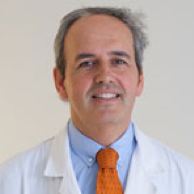
Juan José Lasarte, PhD
Director of the program of Immunology and Immunotherapy at CIMA
Associate professor of Immunology at UN
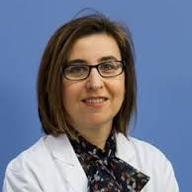
Susana Inogés, MD PhD
Clinic Collaborator at the Hematology-Cell Therapy Area and Immunology and Immunotherapy Department at CUN
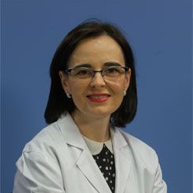
Ascensión López, PhD
Investigator at the Hematology-Cell Therapy Area and at Immunology and Immunotherapy Department at CUN

Cristina Calviño Sampedro
Postdoctoral Research at Hematology-Cell Therapy Area Department at CUN
Icometrix, Leuven, Belgium
icometrix (Leuven, Belgium; Chicago, IL, USA) icoMetrix is a spin-off of the Antwerp University Hospital and the University Hospital Gasthuisberg, as well as the medical image computing groups of Leuven (MIC) and Antwerp (VisionLab). icoMetrix is an innovative company that offers the advanced image processing needed for quantitative analysis of biomedical images. It is the world leader in software solutions to obtain clinically meaningful data from brain MRI and CT scans. The fully automated icobrain software is FDA-approved and CE-marked and is used to assist diagnosis and monitoring of patients with MS, dementia and traumatic brain injury. Today, the icobrain software is used in the USA, Europe, Japan, Canada, Brazil, India and Australia. Furthermore, icometrix works with the largest health tech and pharmaceutical companies on phase 1 to 4 trials to evaluate drugs against neurological diseases.

Annemie Ribbens, PhD
Project manager
VP clinical trials

Thibo Billiet, PhD
Project manager
Senior researcher

Ruben Houbrechts
Operational scientist
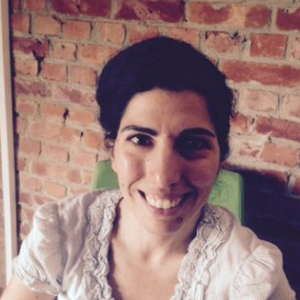
Diana Sima, PhD
Senior researcher
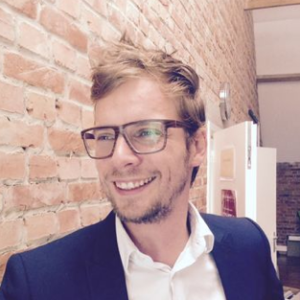
Wim Van Hecke, PhD
CEO
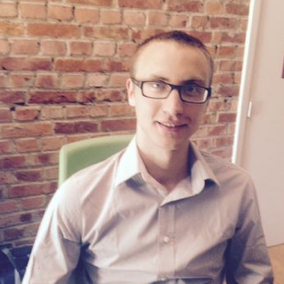
Dirk Smeets, PhD
VP clinical applications
Lygature, the Netherlands
Lygature is a Dutch not-for-profit foundation that acts as a catalyst for the development of new medical solutions for patients by driving public-private collaboration between academia, industry and society. Lygature’s services include partnership mobilization and consortium building, program management (including facility, resource & knowledge sharing, organizational support, coordination of IP, ICT, HR, back office and communications) and governance. Furthermore, Lygature offers sustainable IT infrastructure and expertise in regulatory interactions.
Lygature has built its experience from over 90 PPP projects with a budget of over 600 million Euro, contributing to the success of various IMI and H2020 projects, and other EU programs, where its role as independent partner has been established and which has contributed to an excellent working relationship with both the partners within consortia as well as the IMI and EC organization.
Based on its broad experience with data management and IT infrastructure, Lygature joined the ReSToRe consortium in order to provide a secure environment for sharing information and to organize project data management. Within ReSToRe, Lygature is responsible for 1) Coordination of data management, including drawing up a Data Management Plan, 2) Training: Lygature will coordinate two ‘bring your own data’ workshops for consortium members, and 3) IT infrastructure: Lygature provides its proprietary MyProjectPlaza IT platform for internal project communication. This platform is tailored towards public-private research consortia.
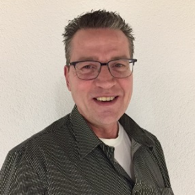
Herman Verheij
Senior Program Manager

Tessa Sandberg, PhD
Program Manager
Catalan Institute of Health (ICS)
The Catalan Institute of Health (ICS) is a public entity linked to the Department of Health providing health care in Catalonia. Hospital Universitari Germans Trias i Pujol (HUGTIP) is a third level referral hospital of ICS that covers the north side of Barcelona and Maresme region. HUGTP is a 640-bed modern tertiary university teaching hospital providing state-of-the-art health care to some 800,000 people living in North Barcelona and Maresme regions. HUGTiP has associated the Health Sciences Research Institute of the “Germans Trias i Pujol”Foundation (IGTP) aims to generate, preserve, disseminate and increase multidisciplinary and translational knowledge in biomedical sciences, by means of a dynamic, efficient and effective organisation. HUGTP is one of the main academic hospitals in Catalonia from Universitat Autònoma de Barcelona (UAB) that maintains an internationally competitive scientific program with relevant research lines in Cardiology, Neurology, Endocrinology, Oncology, Haematology, Immunology and AIDS (Irsicaixa).

Aina Teniente-Serra, PhD
Immnologist
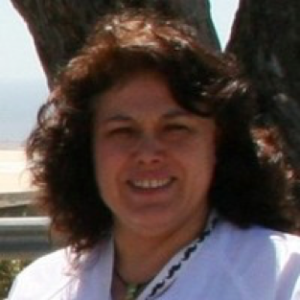
Ana María Barriocanal, MD PhD
Pharmacologist
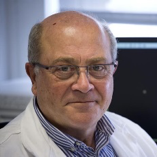
Antoni Dávalos MD PhD
Neurologist
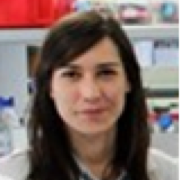
Bibiana Quirant
Immnologist
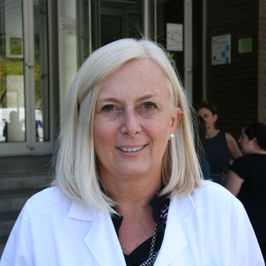
Cristina Ramo-Tello, MD PhD
Principal Investigator
Neurologist
Head of the Multiple sclerosis Unit, Department of Neurosciences at HUGTP
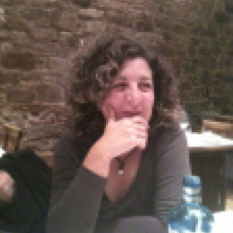
Eva M Martinez-Caceres, MD PhD
Principal investigator
Head of the Immunology and Inflamation Research group at IGTP
Head Immunology Dept at HUGTP
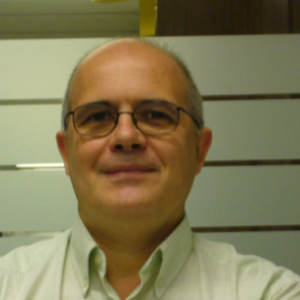
Magi Farré, MD PhD
Pharmacologist

María José Mansilla, PhD
Biotechnician

Silvia Presas-Rodríguez, MD
Neurologist
Sanquin
The dutch blood bank Sanquin is the only organisation in the Netherlands responsible to manage the Dutch need for safe and efficient supply of blood and blood products on a not-for-profit basis. Sanquin routinely supplies red blood cells and platelets and manufactures plasma products. Furthermore, Sanquin has a GMP-approved Laboratory for Cell Therapy that supplies stem cells and generates novel advanced medicinal cellular products (ATMPs; DCs, adoptive T cells, MSCs) for new tailor-made immune-modulating therapies.
Top priority of Sanquin is the health of patients and donors. As a consequence, specific divisions of Sanquin have specialized to provide extensive services related to blood products. The diagnostic division offers a wide variety of routine diagnostics in the fields of autoimmunity and immunohematology. In addition, Sanquin supplies innovative laboratory testing services for clinical trials from academic institution and pharmaceutical companies around the world. Sanquin offers pharmacokinetics and immunogenicity testing for an expanding array of biologicals. Sanquin’s immunomonitoring services offers a broad range of immunomonitoring assays from serum levels measurements to functional analyses of antigen specific T cell responses.
All activities are supported by broad fundamental research executed by a large research division, which is linked to several universities in the Netherlands.
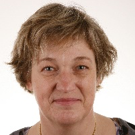
Marieke van Ham, PhD
Principal Investigator
Head of department
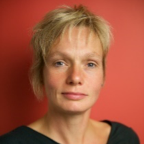
Anja ten Brinke, PhD
Principal Investigator
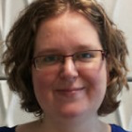
Annelies Turksma, PhD
Advisory Scientist
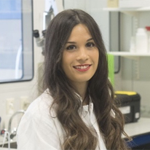
Virginia Palomares Cabeza
Post-doc Researcher
Wilhelms University Münster, Germany
Department of Neurology with Institute of Translational Neurology (ITN), University Hospital of Münster (UKM) and Wilhelms University Münster (WWU)
The University Hospital Münster (UKM) is one of the leading university hospitals in Germany with over 11 000 professionals that treats 555 000 patients (inpatient unit: 55 000 patients, outpatient unit: 500 000 patients) yearly. The UKM incorporates several institutes, departments and 39 clinics. The Department of Neurology with Institute of Translational Neurology (ITN) covers the whole spectrum of neurological diseases with both a clinical and scientific focus on inflammatory diseases of the CNS (particular MS), stroke and other neurovascular diseases, Parkinson disease, cognitive disorders, and neuro-oncological diseases. The Study Center Neurology with the Clinical Trial Unit Inflammatory CNS Diseases, the CSF- and Laboratory Diagnostics Neurology with the Neurological Biobank as inherent parts of the Department of Neurology are actively involved in patient care as well as translational research. The Department of Neurology is an active member of the Competence Network Multiple Sclerosis, the Transregional Collaborative Research Center (CRC) SFB TR-128 “Initiating/effector versus regulatory mechanisms in MS”, the Collaborative Research Centre 1009 “Breaking Barriers”, the DFG Research Unit FOR 2879 “Immunostroke – from immune cells to stroke recovery”, the Horizon2020 “ReSToRe”, the Body & Brain Institute, the Interdisciplinary Centre for Clinical Research, and the Cells in Motion Interfaculty Centre.

Heinz Wiendl, MD PhD
Principal Investigator
Head of Department of Neurology
Director ad Interim of Institute of Translational Neurology

Catharina C. Gross, PhD
Principal Investigator
Scientific Head of CSF- and Laboratory Diagnostics Neurology
Group Leader
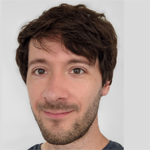
Andreas Schulte-Mecklenbeck, PhD
Postdoctoral Fellow

Eva Maria Flick, M.Sc.
Biobank manager
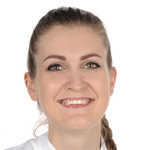
Maj Frankenberg, M.Sc.
Technical Assistant
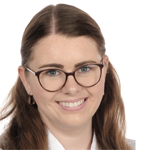
Janine Meyer, M.Sc.
Technical Assistant
